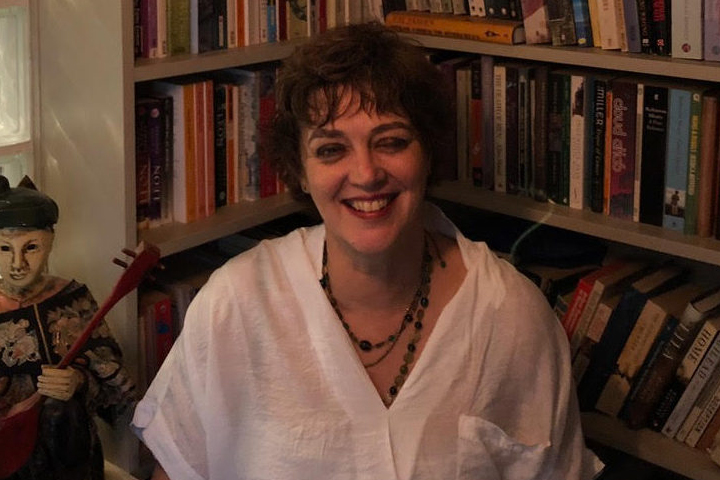From the Women’s Prize Archives.
We caught up with the amazing Helen Marriage, the artistic director who is currently producing the Processions march commemorating 100 years of women’s suffrage, to ask her for her favourite books by women. Read on to find out about Helen’s love for Virginia Woolf, Ursula le Guin and more.
Processions is taking place this Sunday, when tens of thousands of women will take to the streets in London, Edinburgh, Belfast and Cardiff, dressed in the suffragette colours of white, purple and green.
It’s so very very hard to choose. There are all the wonderful candidates – Jane Austen, Chimamanda Ngozi Adichie, Sarah Paretsky, Alice Walker, George Eliot, Toni Morrison, the Brontës, Zadie Smith, Arundhati Roy… I wish I were allowed 100 choices. But if forced to choose it would have to be:
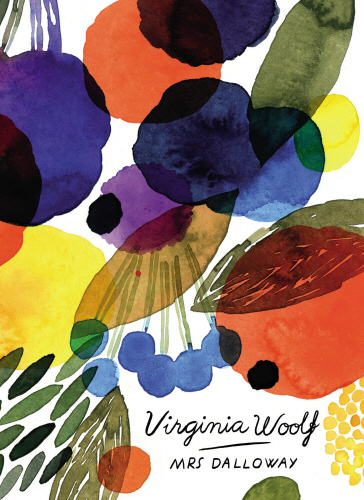
I first read Mrs Dalloway when I was seventeen and realised I’d never be a writer because VW had already done it all. From the opening sentence to the last, it’s the most perfectly crafted picture of a fractured society surfing on the thinnest veneer of civility. It’s cinematic in scope; passionate in an understated and intrinsically English way, and beautifully written.
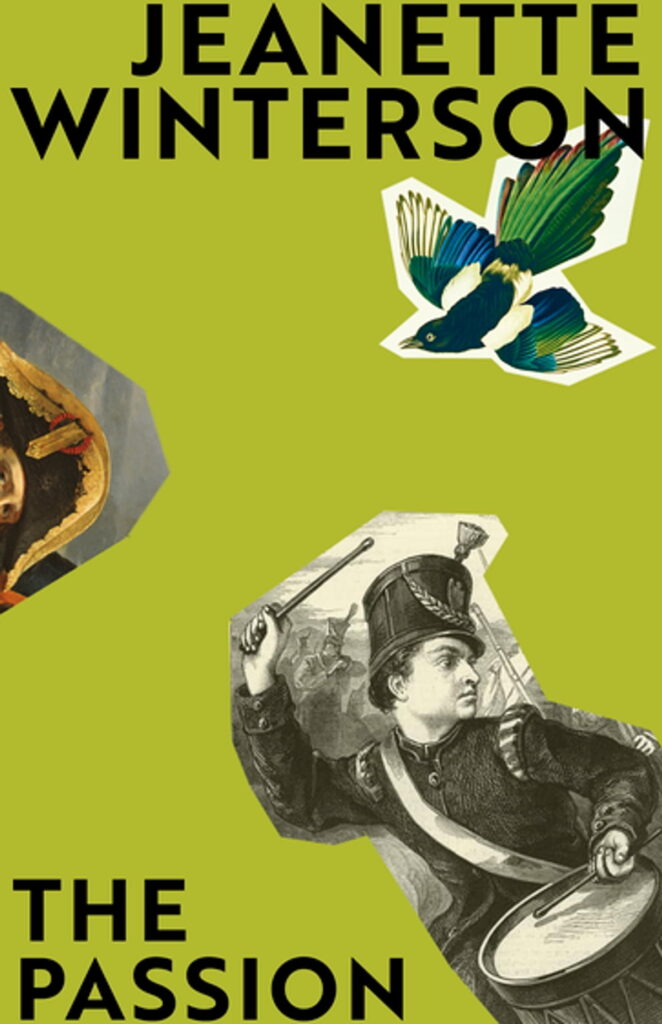
Winterson’s tale of a soldier who falls for the lovely Villanelle describes a fantastical journey from Moscow to Venice with the Napoleonic Wars raging in the background. The young man, who starts the novel dreaming of becoming a drummer but can only serve as his Emperor’s chicken chef, ends the novel imprisoned for cutting out his lover’s heart. There is no way that any brief summary can explain the twists of this extraordinary novel’s plot, nor attempt to conjure up the magical atmosphere that pervades its multi-layered storylines. Each time I read it, I disappear into its strange and exotic byways emerging blinking into the harsh sunlight of today’s real world. “I’m telling you stories”, says Winterson, “Trust me.”
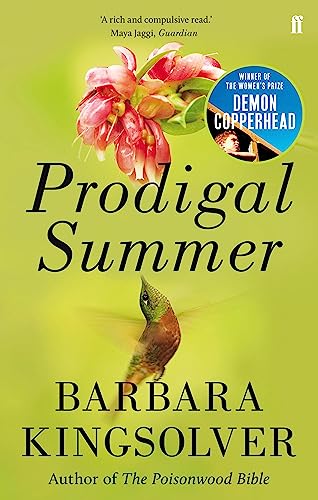
This is the perfect novel combining love, loss, humour, fear and a deep understanding of the natural world. It has a marvellous evolving structure with the stories of its three women protagonists intertwining in unexpected ways as the novel develops. Kingsolver, a former biologist and journalist, moves effortlessly between descriptions of the exterior surroundings of her characters and their interior lives. Set in the Southern Appalachian Mountains, Kingsolver weaves a rich and subtle tapestry, drawing out the threads of the lives of generation after generation of a farming community working its tiny patch of land under the all-pervasive influence of the looming mountain wilderness that surrounds it.
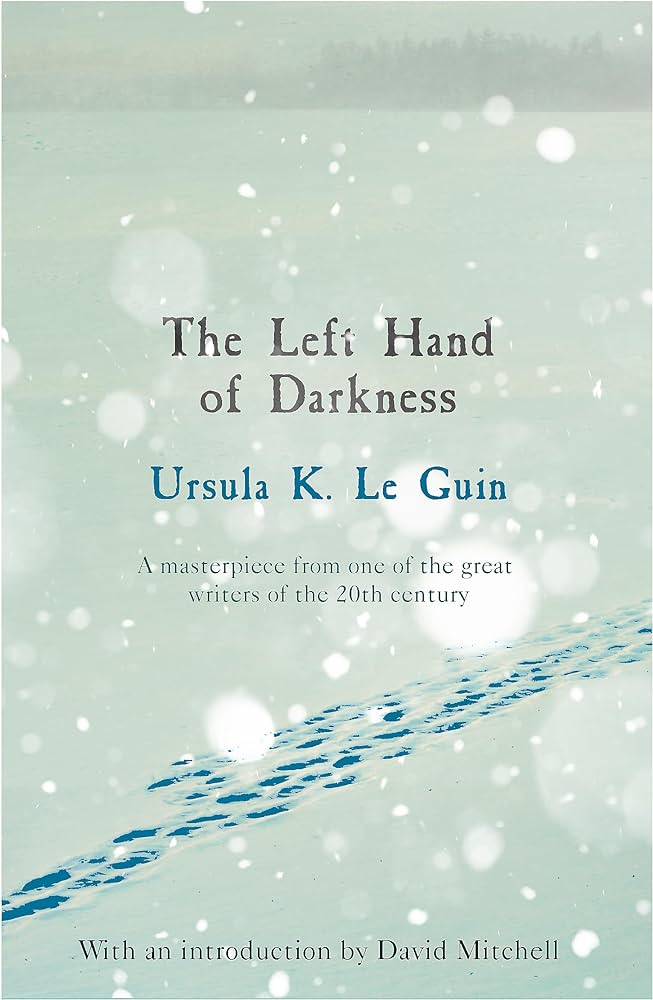
I read Ursula Le Guin’s Earthsea trilogy as a child and loved it. I went on to read Tolkien, Clarke, Mieville, but I’ve only recently discovered The Left Hand of Darkness which is Le Guin’s 1969 science-fiction classic set on the planet of Gethen. Like Kingsolver, Le Guin was interested in the twin themes of feminism and the environment. In The Left Hand of Darkness, the inhabitants of Gethen are ambisexual humans only adopting sexual attributes once a month During this period they become sexually male or female depending on context and relationships. This absence of fixed gender characteristics allows Le Guin to create a society without the pressure of sexuality and interestingly, without war. On Gethen, every individual takes part in the “burden and privilege” of raising children, and rape and seduction are almost absent. At the core of the novel is Le Guin’s description of an 80-day impossible journey across a frozen ice-sheet. It’s one of the most extraordinary pieces of sustained suspense I’ve ever read.
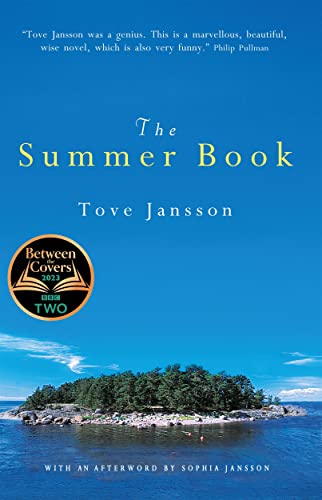
And finally, the apparently slight, utterly transforming book by Tove Jansson – more famous for her children’s books about the Moomins. Jansson and her partner spent their summers on remote Finnish islands where she did much of her writing. The Summer Book describes a glorious summer spent on such an island by a grandmother and her granddaughter, whose mother has recently died. In a delicate jewel of a book, Jansson effortlessly lets her narrative glide over the big themes of life and death as the grandmother and child adventure, fight, build stuff, swim, sleep and grieve. It is as if, as one critic said: ‘Her writing is all magical deception, her sentences simple and loaded; the novel reads like looking through clear water and seeing, suddenly, the depth.”
